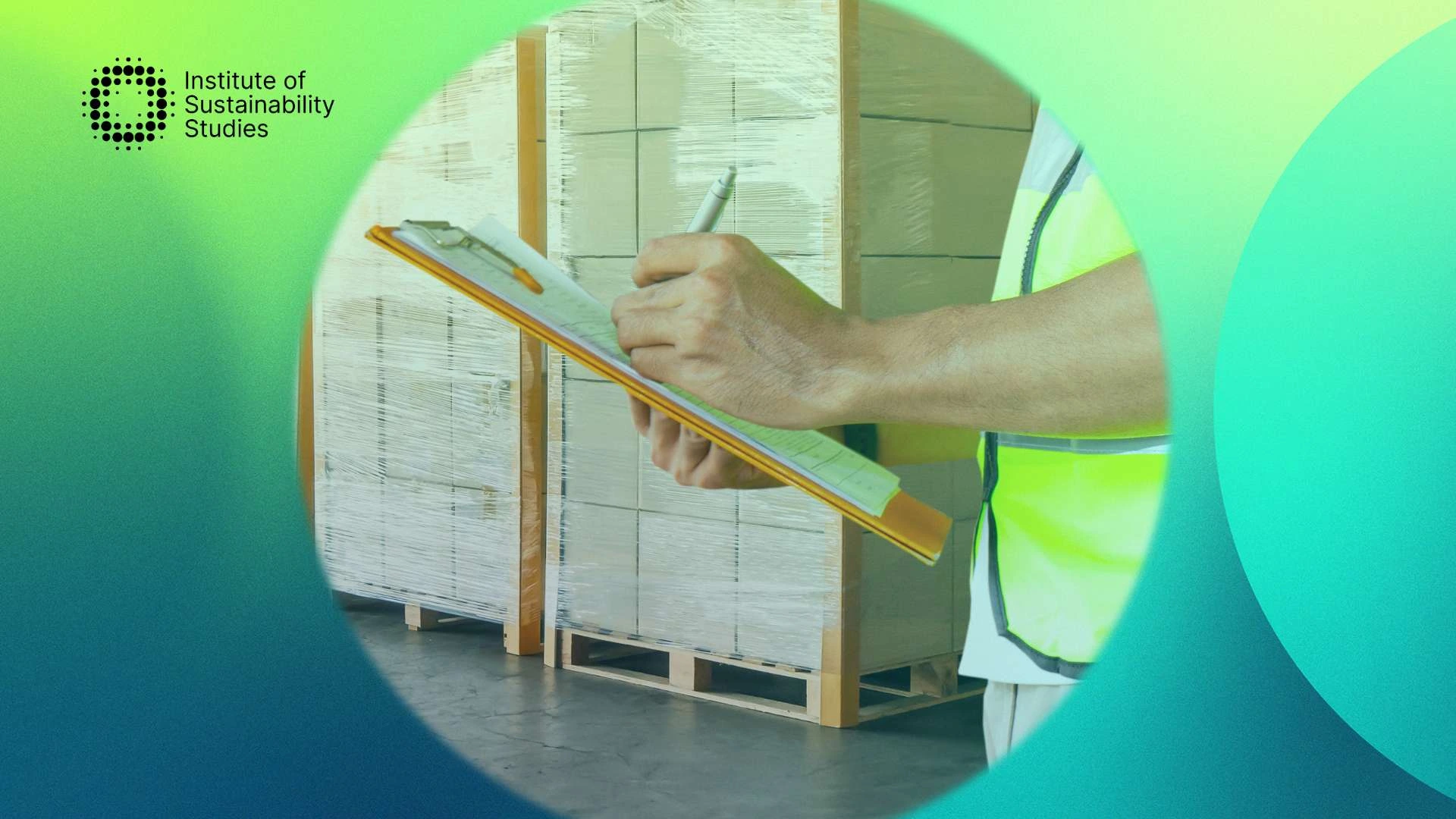Last month, LEGO Group announced it will start linking a portion of bonuses for all salaried staff to emissions reduction goals starting this year. The employee LEGO sustainability incentive will form part of the company’s strategy to achieve its environmental targets. With this news, LEGO Group has become the first-ever global toymaker to connect employee bonuses to emissions reduction objectives.
What does this mean for LEGO Group?
This announcement comes following the launch of LEGO Group’s series of climate-related commitments last year. Within this series of commitments was a pledge to work with the Science Based Targets Initiative (SBTi) to establish emissions reduction targets covering Scopes 1, 2, and 3 and invest more than $1.4 billion in sustainability initiatives throughout the next three years.
In 2020, LEGO Group became the first large toy company to announce a science-based emissions reduction target in line with the Science Based Targets Initiative. Moreover, the company also pledged to achieve net zero emissions by 2050, add a Carbon Key Performance Indicator (KPI) to executive remuneration this year, and pursue sustainable travel policies to minimise employee travel with a specific focus on global air travel.
About LEGO’s Carbon KPI and sustainability ambitions
Following the update of its performance management programme, LEGO Group has introduced a new KPI for measuring carbon from its stores, offices, and factories. This KPI also measures Scope 3 business travel emissions. It is an intensity metric, calculated in the amount of bricks manufactured and serves as a critical benchmark in the company’s strides to curb environmental impact.
They announced the new KPI in a social media post and said: “We have an ambitious target to reduce our emissions by 37 percent by 2032 and achieve net zero by 2050. To help keep us on track from 2024, a percentage of our management programme for colleague bonuses will be tied to annual emissions as we take steps to reduce environmental impact across all areas of our business.”
The new annual KPI will drive team members to contribute to the company’s ambitions as it targets emissions reduction across its stores, offices, and factories. LEGO Group has said it aims to expand this KPI to cover general Scope 3 emissions. The motivation behind this comes as Scope 3 emissions constitute a significant portion of the company’s carbon footprint (98 percent).
Key takeaways
LEGO Group’s decision to connect employee bonuses to emissions reduction targets marks a transformative step in business sustainability. By embedding these targets into its performance management programme, the company not only reinforces its dedication to minimising its carbon footprint but also sets a precedent in the toy industry.
This strategic move aligns with the company’s broader climate commitments, including ambitious objectives to reduce emissions by 37 percent by 2032 and achieve net zero by 2050. The introduction of the Carbon Key Performance Indicator illustrates the LEGO Group’s dedication to accountability and transparency, driving its workforce to actively participate in environmental initiatives.
Discover our sustainability training for employees and equip your teams with the practical tools to support your organisation’s sustainability goals. Our expert-led, self-paced courses empower employees at all levels to understand emissions reduction, ESG reporting, sustainable operations, and more.
Dedicated to harnessing the power of storytelling to raise awareness, demystify, and drive behavioural change, Bronagh works as the Communications & Content Manager at the Institute of Sustainability Studies. Alongside her work with ISS, Bronagh contributes articles to several news media publications on sustainability and mental health.
- Bronagh Loughlinhttps://instituteofsustainabilitystudies.com/insights/author/bronagh/
- Bronagh Loughlinhttps://instituteofsustainabilitystudies.com/insights/author/bronagh/
- Bronagh Loughlinhttps://instituteofsustainabilitystudies.com/insights/author/bronagh/
- Bronagh Loughlinhttps://instituteofsustainabilitystudies.com/insights/author/bronagh/











